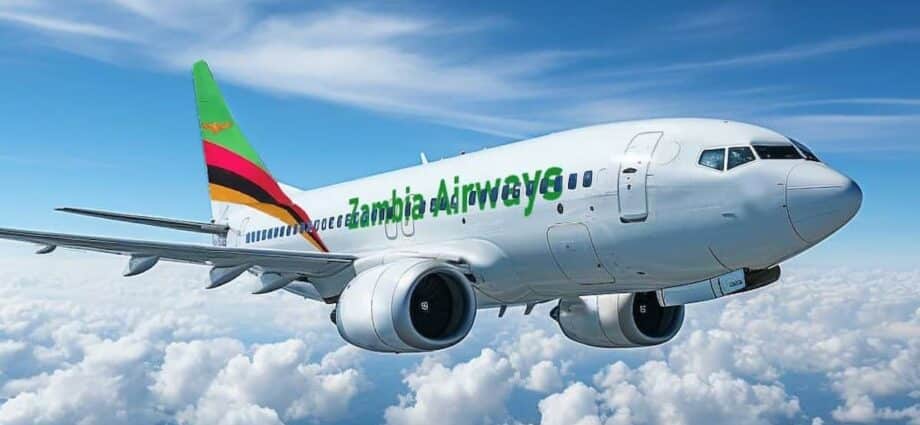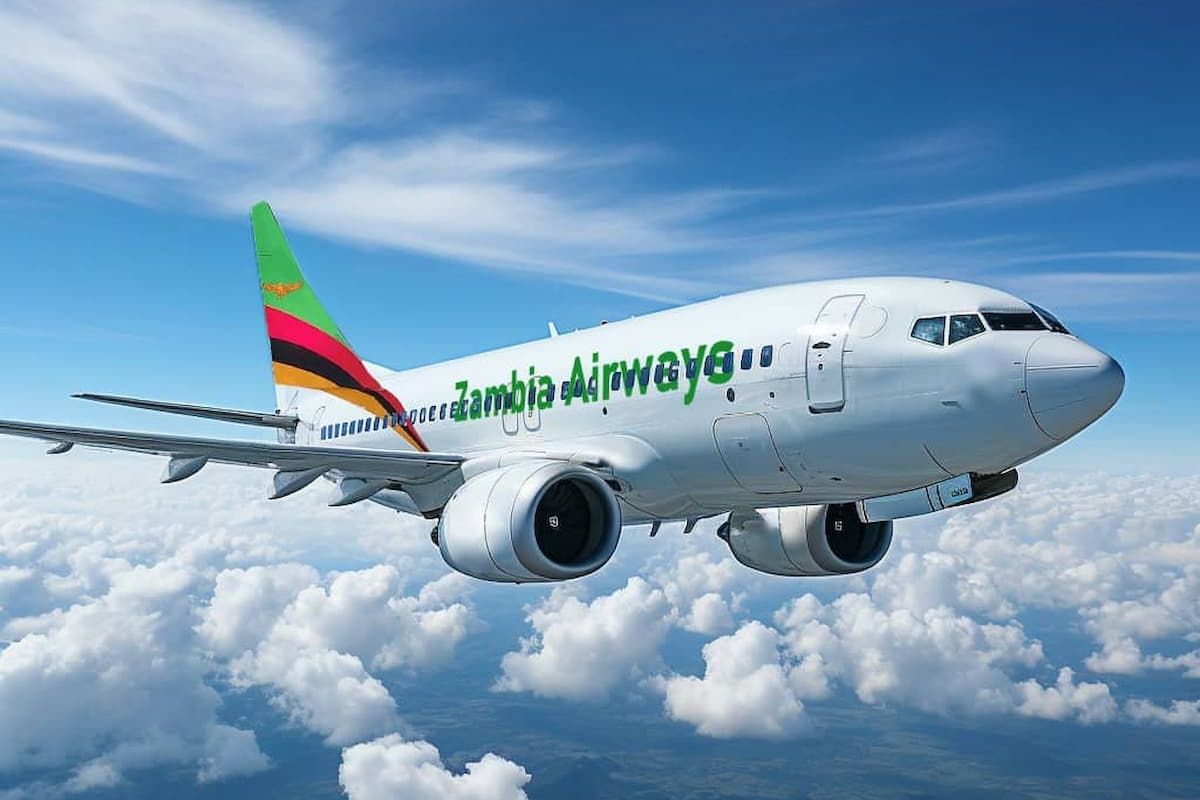Dar es Salaam. Zambia Airways has re-established its direct flight route between Lusaka, Zambia, and Dar es Salaam, Tanzania.
This move aims to bolster trade and stimulate the tourism sector for both countries.
Zambia Airways will operate the route with a Boeing 737, offering three flights per week.
At the official ceremony welcoming the first Zambia Airways flight to Tanzania, Tanzania Airport Authority (TAA) Director General Mussa Mbura hailed the resumption as a significant development.
“After a 16-year hiatus, we are delighted to welcome back Zambia Airways to Tanzania,” Mbura said. “We are committed to providing all necessary support for a successful operation, recognizing the importance of fostering a welcoming environment for new airlines.”
The Permanent Secretary in the Ministry of Transport, Prof Godius Kahyarara, highlighted the recent meeting in Lubumbashi where the resumption of flights was discussed by ministers from both countries.
“This is a long-awaited moment,” Prof Kahyarara said. “Collaboration with Zambia is crucial, especially considering that 70 percent of cargo transported through Dar es Salaam port originates from or transits through Zambia. Zambia Airways will simplify the movement of people and goods, further strengthening our relationship.”
Expanding air transport options
Kahyarara also noted that while Air Tanzania currently offers five flights to Zambia, the new service by Zambia Airways will provide additional reliable air transport options for both nations.
Zambia’s Minister for Local Government and Rural Development, Mr Gary Nkombo, emphasised the importance of the relaunched airline as a symbol of regional connection and a milestone for cooperation.
“Institutions like the Tanzania-Zambia Railway Authority (TAZARA) and the Tanzania-Zambia Pipeline (Tazama) have served our people for years,” Mr Nkombo said. “This airline will further solidify our ties and boost economic and tourism activity.”
Mr Nkombo expressed appreciation for Tanzania’s support and Zambia Airways’ commitment to using fuel-efficient practices to reduce their carbon footprint. “We are confident in making a positive impact in Tanzania,” he concluded.















